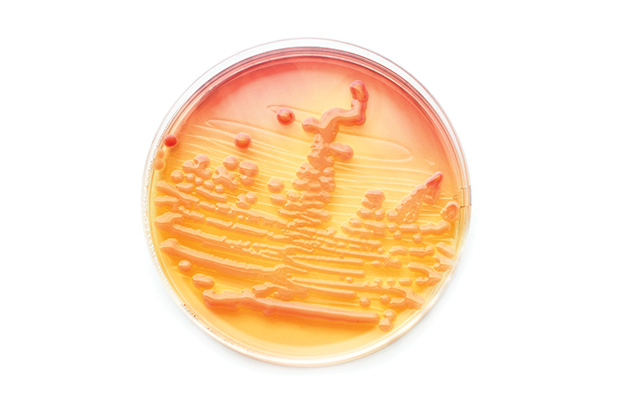Fall 2017: Building Livability
UTA researchers are creating a more sustainable, affordable North Texas for the future.
Skip to content. Skip to main navigation.
UTA researchers are creating a more sustainable, affordable North Texas for the future.
From carbon dioxide conversion to landfill mining, researchers at UTA are seeking viable alternative energy options.
Found in everything from space shuttles to dental fillings, composite materials have thoroughly infiltrated modern society. But their potential is still greatly untapped, offering researchers ample opportunity for discovery.
Within the particle showers created at the Large Hadron Collider, answers to some of the universe’s mysteries are waiting.
Model systems like pigeons can help illuminate our own evolutionary and genomic history.
UT Arlington's tiny windmills are bringing renewable energy to a whole new scale.
The stability of our highways, pipelines, and even manholes is reaching a breaking point.
Scientists believe they have discovered a subatomic particle that is crucial to understanding the universe.
UT Arlington researchers unlock clues to the human body’s most mysterious and complex organ.
UT Arlington researchers probe the hidden world of microbes in search of renewable energy sources.
Wounded soldiers are benefiting from Robert Gatchel’s program that combines physical rehabilitation with treatment for post-traumatic stress disorder.
Tiny sensors implanted in the body show promise in combating acid reflux disease, pain and other health problems.
Nanotechnology researchers pursue hybrid silicon chips with life-saving potential.
Biomedical engineers combat diseases with procedures that are painless to patients.

UTA chemists have discovered dangerous pathogens in the groundwater near several natural gas extraction sites.
"Our research revealed that harmful bacteria can be quite prevalent in Texas groundwater, especially waters that contain various chemical contaminants," says Shimadzu Distinguished Professor of Analytical Chemistry Kevin Schug. In two new studies, he and his team tested private water wells in the Barnett Shale areas of North Texas and Eagle Ford Shale areas of South Texas, focusing on characterizing the microbial communities in the groundwater.
They found that pathogenic bacteria can thrive in contaminated conditions where natural gas constituents and chemical solvents are present. Moreover, these bacteria are particularly resistant to antibiotics and traditional forms of disinfection, such as chlorination. Pseudomonas aeruginosa and Aeromonas hydrophila were the most common, and the Bacillus cereus group was found to be immune to chlorination. The results were published in Science of the Total Environment.
Dr. Schug, who also serves as the director of the University's Collaborative Laboratories for Environmental Analysis and Remediation, or CLEAR, Lab says the next phase is to "evaluate novel treatments against these dangerous pathogens and to develop safe strategies for the remediation of biologically impaired sources of fresh water."
In a related study published in the journal Microorganisms, he and his team identified two unique species of bacteria, Pseudomonas stutzeri and Acinetobacter haemolyticus, that could be exploited for the bioremediation of groundwater that is contaminated with chemical solvents. The bacteria showed a capacity to degrade toluene and chloroform, introducing the possibility that they can be potentially used in the bioremediation of spills.